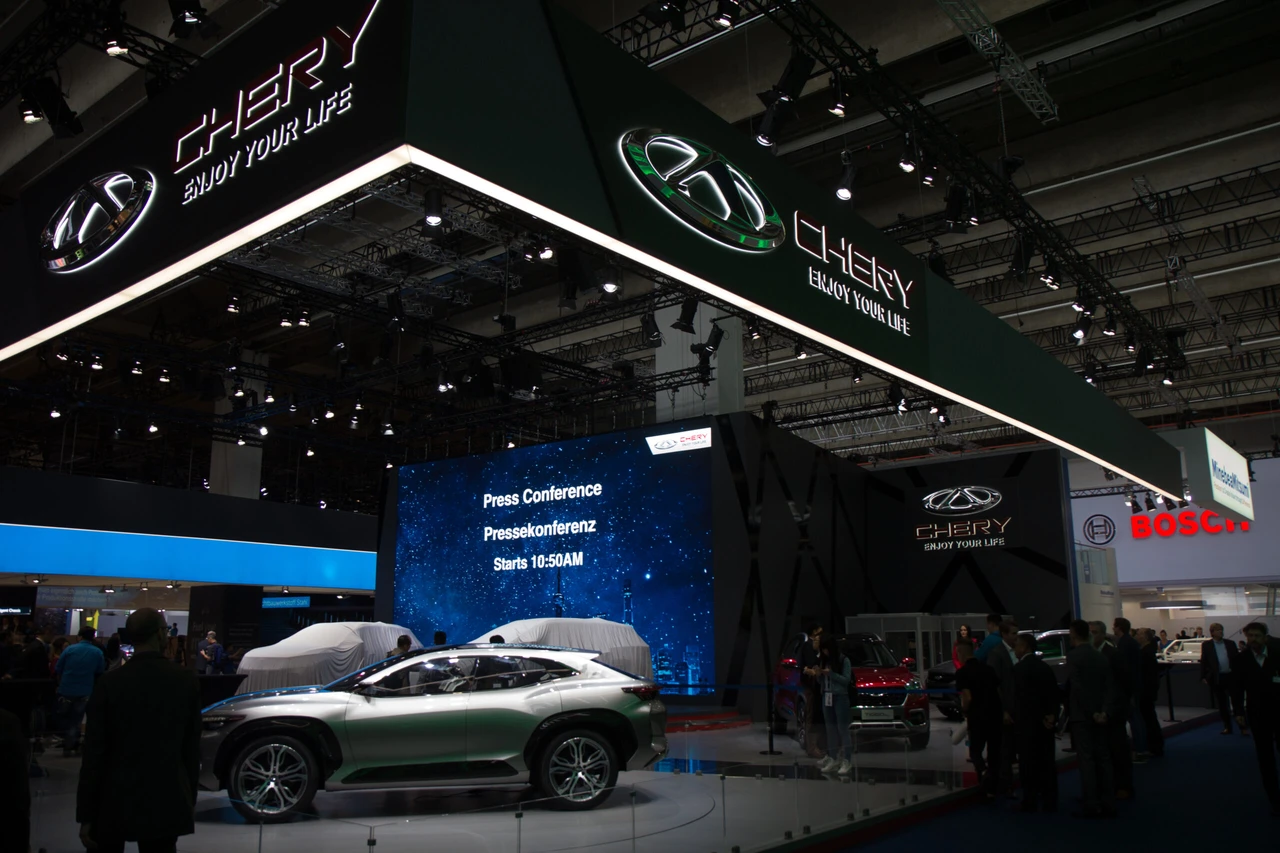Chinese automaker Chery nears investment deal in Türkiye
 Chery's stand at the 2017 International Motor Show Germany. (Photo by Olaf Kosinsky)
Chery's stand at the 2017 International Motor Show Germany. (Photo by Olaf Kosinsky)
According to information obtained by CNBC-e, Chinese automaker Chery is close to signing an investment deal in Türkiye.
Following Chinese electric vehicle manufacturer BYD’s $1 billion investment decision, Chery is the next contender poised to make a significant move in the Turkish automotive sector.
Investment talks and MG’s potential investment
Chery has made substantial progress in its investment discussions with Turkish authorities. However, the decision-making process has been extended due to the selection of the factory site and Chery’s request for concessions on internal combustion engine vehicles.
While Chery aims to leverage Türkiye’s market for growth and expand exports to Europe and nearby markets, Turkish authorities have emphasized that incentives for hybrid, electric vehicles, battery technologies, and green investments cannot be relaxed.
Chery has evaluated Samsun and Manisa as potential sites for the factory. The process is expected to gain further clarity by September. Another Chinese automaker, MG, is also considered a strong candidate for investment after Chery.
Within the framework of the agreement with BYD, the company is expected to establish an electric and rechargeable hybrid car production facility with an annual capacity of 150 thousand vehicles and an R&D center for sustainable mobility technologies with an investment of approximately USD 1 billion in Türkiye. The facility, which is targeted to start production by the end of 2026, is planned to provide direct employment for up to 5 thousand people.
Broader Chinese investments in Türkiye
In addition to automotive investments, Chinese companies are actively pursuing opportunities in the solar and wind energy sectors.
The presence of Chinese brands in the Turkish market continues to rise monthly. According to July data from the Automotive Distributors and Mobility Association (ODMD), Chery ranked third in automobile sales with 6,638 units, following Volkswagen (7,152) and Fiat (6,706). Renault and Toyota followed with 6,402 and 4,151 units, respectively.



